You know that game where a friend sneaks up behind you, covers your eyes, and says, “Guess who?” By the time they speak, the game is pointless because you know the sound of your friend’s voice.
Everyone has a characteristic voice.
This is as true when we write as it is when we speak or sing. Think of your favorite vocalist. When they sing, what vocal quality appeals to you? Whether you listen to Pavarotti, Rascal Flats, or Evanescence, voice says something about the tone–the soul, if you will–of their music.
When you write, your “voice”–your way of putting words together–is unique.
The illusive trick of writing is to learn to make your voice “sing”–to not only put words together, but to paint pictures with them. It’s a difficult quality to describe, but once you’ve encountered singing, you know it.
That may be one reason it’s so difficult to share our first works. Most writers are readers. We’ve read authors with voices. We’ve encountered singing. Then we read our own stories, and they don’t quite paint pictures and call out emotions like we envisioned. They just don’t sing…yet.
A great voice can be developed.
I once knew a kid whose whole family teased him because he was “tone deaf.” I stood next to him in choir, and it was pretty awful. But you know what? He really loved to sing, so he got a guitar and learned to play it well. Whenever he tuned it, he learned how to listen for the right sounds. Then he applied the same techniques to his voice, and as time passed, he became quite a fine singer.
Don’t be discouraged! As award-winning writer Deborah Raney shares in this Novel Rocket post (2 May 2012), treat your love for writing with respect and find a safe place to practice singing! Here are some techniques that may help:
Exercises:
- Read the works of successful authors and writers you admire.
- When you come to a passage that “sings,” copy it. As you write or type the author’s words, analyze the way they use words to paint pictures (setting), action, dialogue, and emotion. Pay special attention to the way they time and balance these elements.
- Set the copied work aside and recreate the scene using your own words.
- Compare your scene to the passage you copied. Where were you most pleased with your writing? Where are the areas you feel need improvement? Compare and analyze that area specifically.
Like my friend and his guitar, “tune” your writing until you develop an ear for what works for you. Practice makes perfect!
AND…
Consider submitting a sample of your work to a safe place–NOVELWritingSite’s 3rd Student Writing Competition!
- Five double-spaced pages ONLY please!
- Begin your first page about 3″ down. Use Times New Roman font, 11 pitch font size. Allow 1″ margins.
- Put your title, name, age, and literary genre in a header at the top of the page.
- Use your title as the file name and save as a Rich Text File (.rtf)
- Email the file as an attachment to: yoursbecausehis@gmail.com
- In your email, please tell us a bit about how long you’ve been writing and what you hope to do with your project.
Submissions are open through May.
Because we each read and give encouraging feedback to each entrant, results will not be available until sometime in July.
Winning entries will receive books on the craft of writing.
Let the writing begin! 🙂

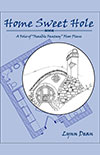


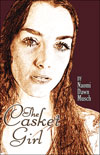

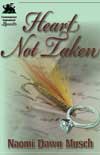

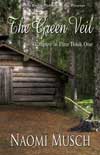




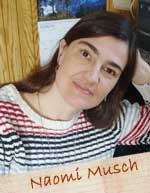


Hi, just a quick question, does the five pages of the sample work have to be a finished piece to be submitted? Or can it be like the first five pages of a book that we are working on or something like that?
Thank you
Sorry for the delayed response, but you’ve asked a great question.
You may submit the first five pages of ANY story you’re working on. The manuscript does NOT have to be finished.
Thanks for giving us a chance to clarify! I look forward to reading your work!